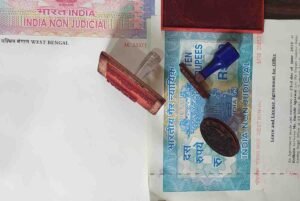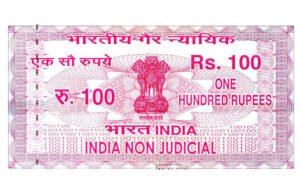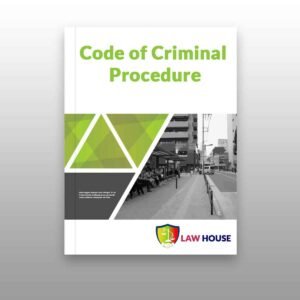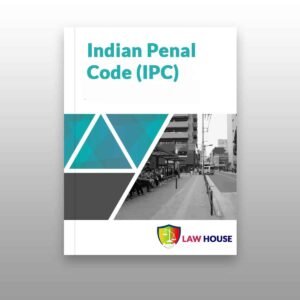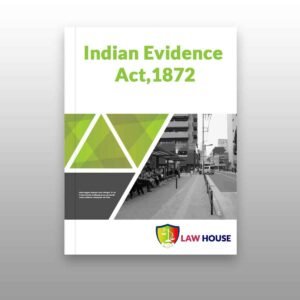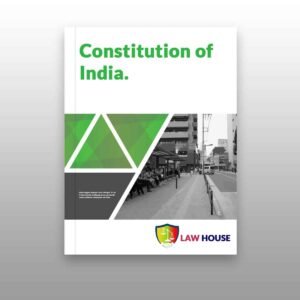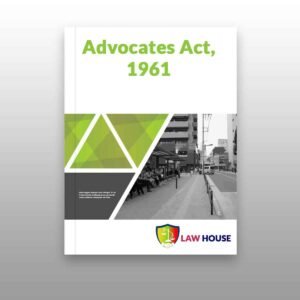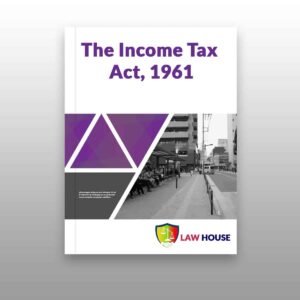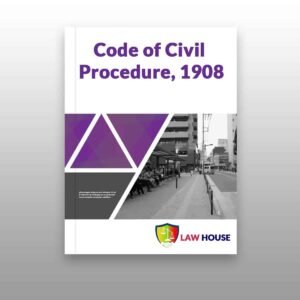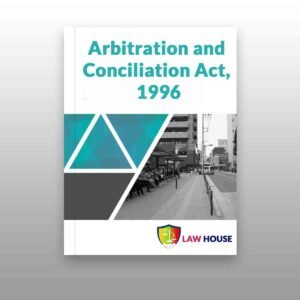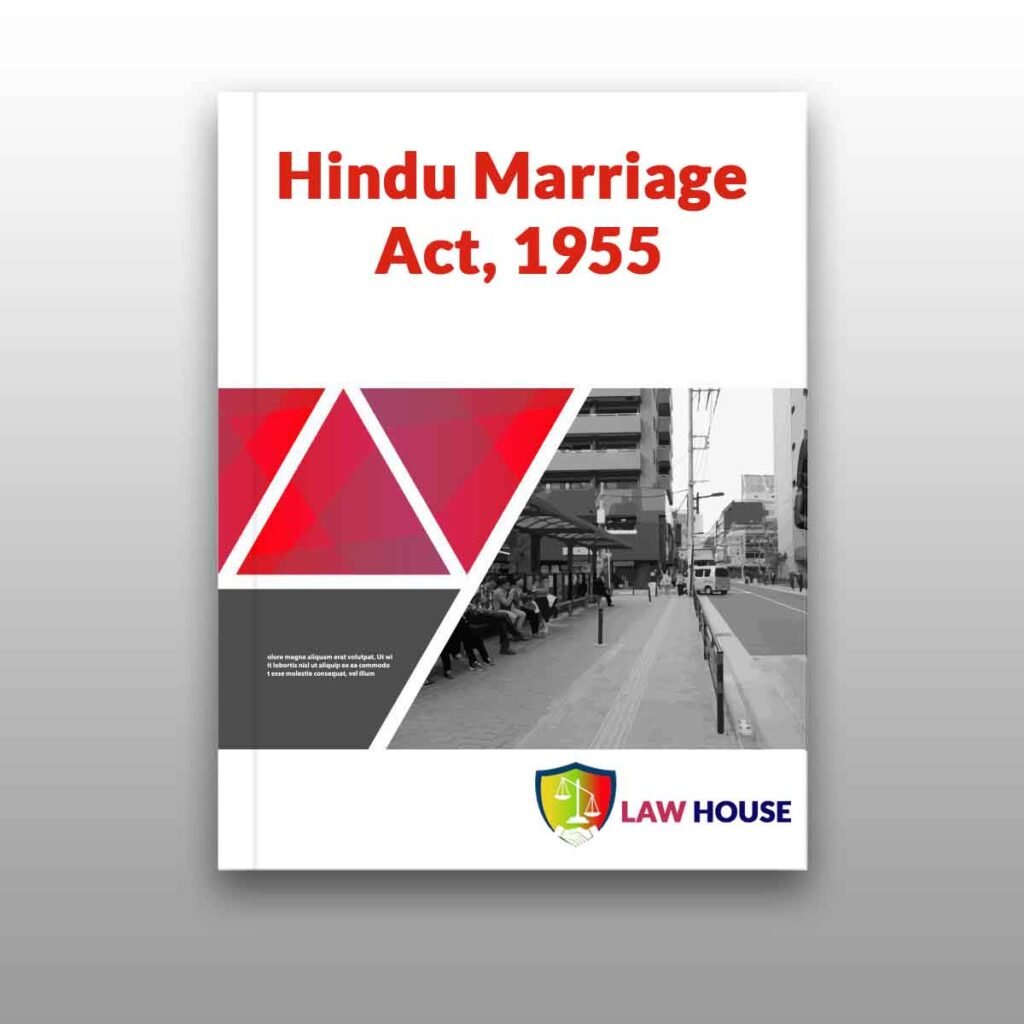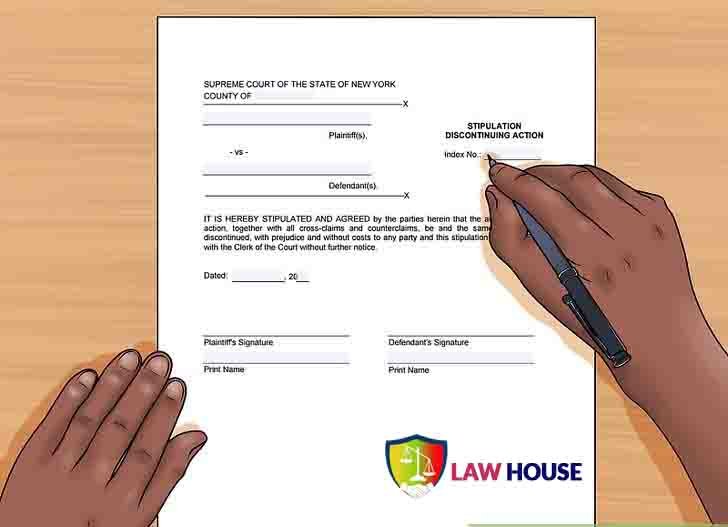Filing for divorce can be an overwhelming process, especially since it involves the future of many lives. It’s important to conduct research to make sure the procedure happens smoothly and you’re satisfied with the outcome.
The article has been written for Hindu marriages covered by Hindu Marriage Act 1955.
In case things are not too good between you and your spouse, and you or both of you have decided to part ways legally, we list down the options you have to file for a Divorce under the Hindu Marriage Act 1955.
If both you and your spouse are willing for a Divorce:
Mutual Consent Divorce between Hindu Couple is governed by The Hindu Marriage Act, 1955, under Section 13B.
Which states that.- A petition for dissolution of marriage by a decree of divorce may be presented to the District Court by both the parties to a marriage together, on the ground that they have been living separately for a period of one year or more, that they have not been able to live together and that they have mutually agreed that the marriage should be dissolved.
Secondly, on the motion of both the parties made not earlier than six months after the date of the presentation of the petition referred to in sub-section (1) and not later than 18 months after the said date, if the petition is not withdrawn in the meantime, the court shall on being satisfied, after hearing the parties and after making such inquiry as it thinks fit, that a marriage has been solemnized and that the averments in the petition are true, pass a decree of divorce declaring the marriage to be dissolved with effect from the date of decree.
If you or your spouse are willing for a Divorce but the other person does not want a Divorce:
If you are married under the Hindu Marriage Act, 1955, you have several grounds for divorce provided by the law itself. Here we are discussing all the grounds mentioned in Section 13 of the Act that you can base your case for divorcing your partner.
You can file for divorce:
a) If he/she has not been heard of as being alive for a period of seven years or more by persons who would have naturally heard of it, had that party been alive;
b) If he/she has after the marriage had voluntary sexual intercourse with any other person;
c) If he/she is treating you cruelly;
d) If he/she has deserted you for a continuous period of not less than two years immediately preceding the presentation of the petition;
e) If he/she has ceased to be a Hindu by conversion to another religion;
f) If he/she is suffering from incurably of unsound mind or has been continuously or intermittently from a mental disorder that you cannot reasonably be expected to live with such a person;
g) If your husband/wife is suffering from a virulent and incurable form of leprosy;
h) If he/she is suffering from venereal disease in a communicable form;
i) If your husband/wife has renounced the world by entering any religious order;
Some Additional Ground Available for you to file for Divorce
The above-mentioned grounds are available for both husband and wife; however, there are some additional grounds that are available only for wife; For instance, if your husband has been found guilty of rape, sodomy or bestiality, you can ask for a divorce. Similarly, if your marriage whether consummated or not was solemnized before you attained the age of 15 years, and you want to divorce, you can do so.
Where to File
The divorce petition may be filed at the family court which has jurisdiction over your matrimonial home, i.e. the home where you stay / last stayed as husband and wife after your wedding or at the family court at the place where the marriage had taken place. Women can file the petition either in the family court that has jurisdiction over the place the matrimonial home is located or the family court of the locality where she is residing at the time of filing of the petition.
Decide the Outcome you want to have from the Divorce
Divorce can take many forms. In some cases, it is amicable and relatively easy to bring about, but it can also get very complicated. What kind of divorce will bring about the results you want? Consider the following variables:
– Do you own property or other assets with your spouse that you plan to divide?
– Do you have children with your spouse, and will you be seeking custody?
– If you are seeking custody, will you also seek child support from your spouse?
– Consider creating a divorce mission statement so that you can clearly outline your goals and desires.
Finding the Right Lawyer to file your Divorce Petition
Irrespective of the kind of divorce you wish to proceed with (Mutual or Contested), it’s important to have a competent lawyer represent/guide you with the nuances of the divorce procedure.
Schedule a consultation with an experienced divorce lawyer. Even seemingly straightforward divorces can end up getting complicated, and a divorce lawyer can answer specific questions about your circumstances. Even if you end up representing yourself, a one-hour consultation with a lawyer will help you prepare better.
– Be prepared to talk about your goals and desired outcome.
– Bring the documentation you gathered on your assets and debts.
– Have a list of questions that are specific to your situation ready to ask the lawyer.
Related Post:









![Honey trap in Cybercrime: A to Z guide Exploring Honey Trap in Cyberspace [With Video]](https://www.lawhousekolkata.com/wp-content/uploads/Post-Images/Honey-Trap-300x169.jpg)






